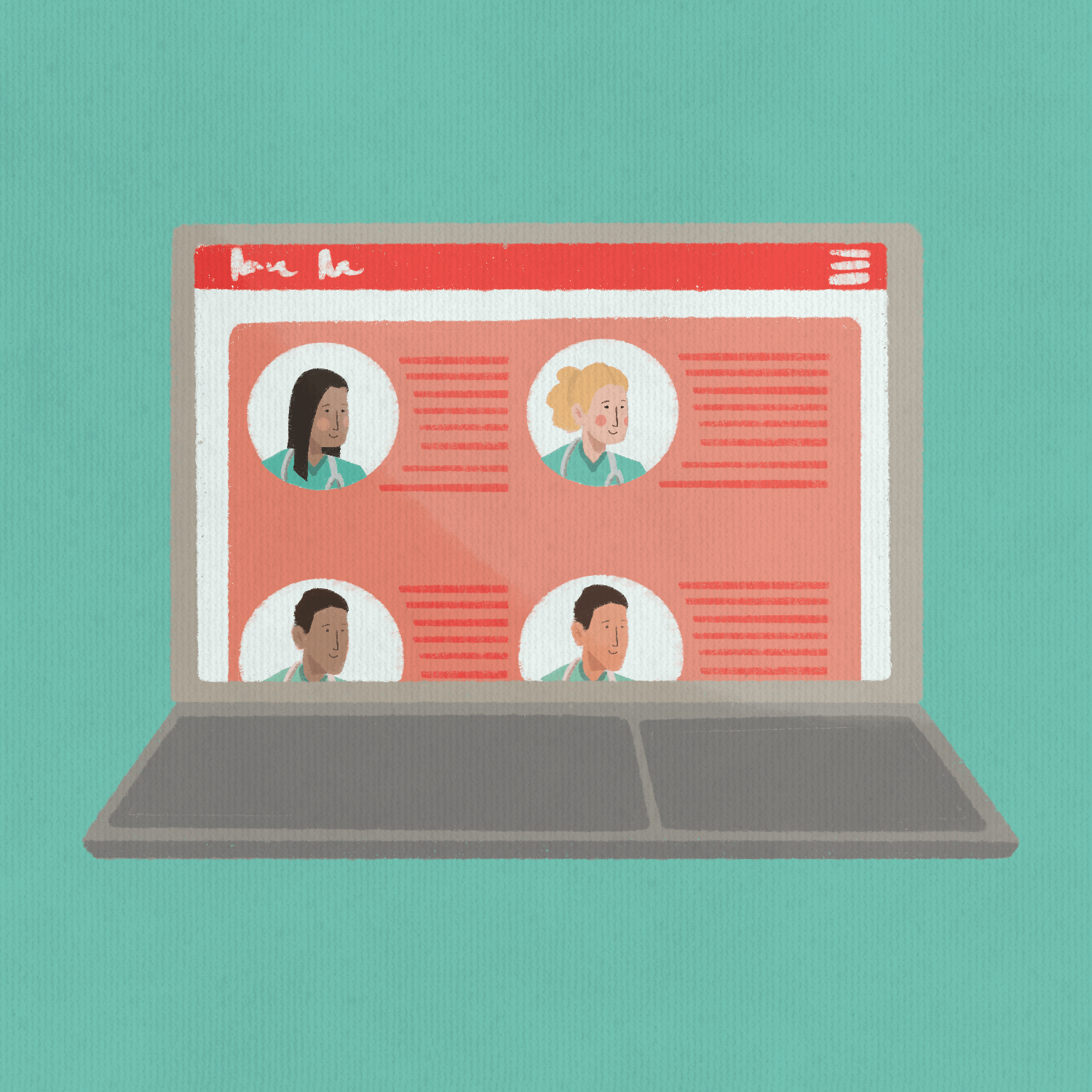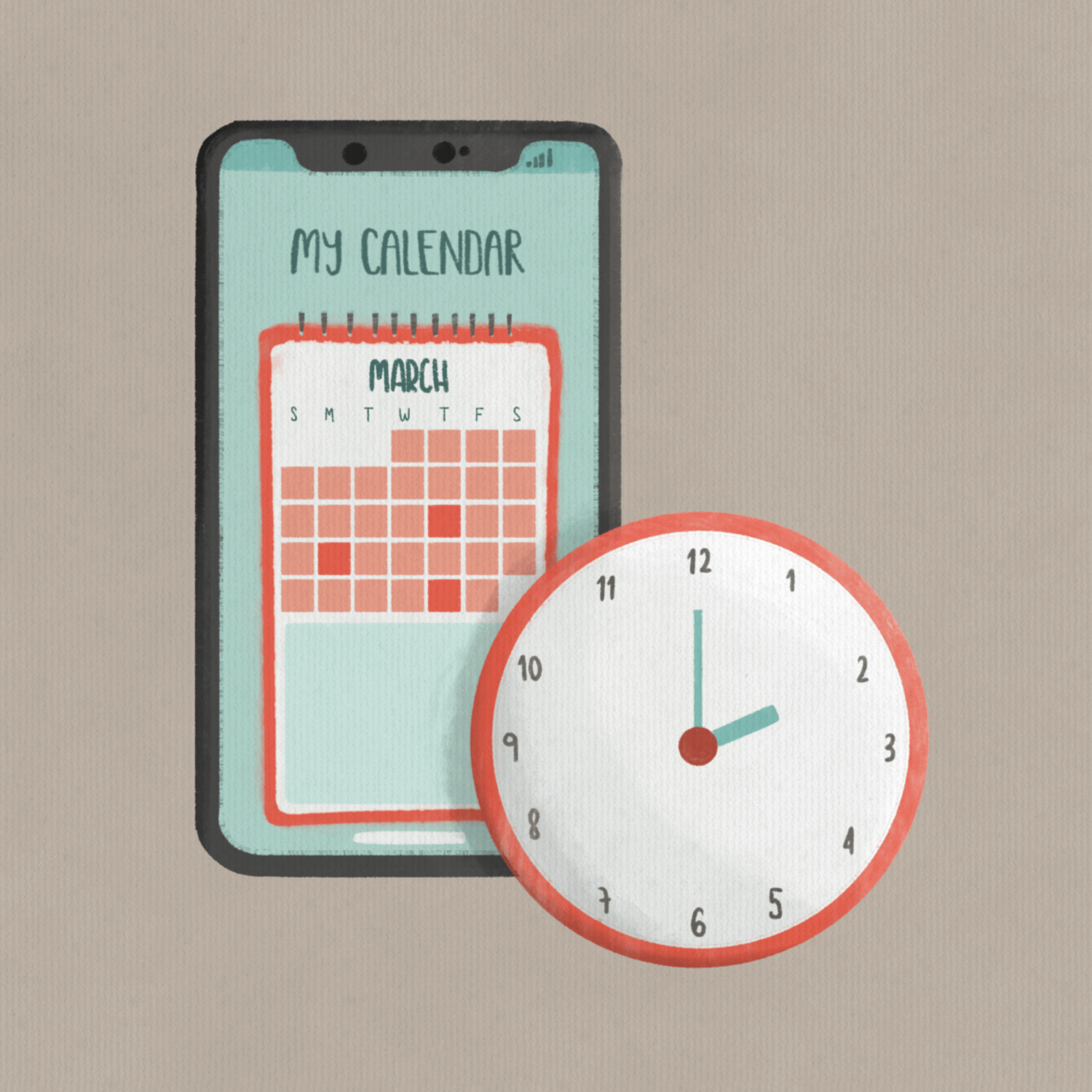Pregnancy Vancouver
Newborn Care
Whether you're a new parent or have been through this before, we want to warmly welcome you to this exciting chapter of parenthood. Marhaba, bienvenue, karibu, welcome! Caring for a newborn can be fulfilling and tough, especially in the first few weeks. You may have the wisdom and support of grandparents, elders and loved ones to help you along the way. From feeding to sleep, we're here to provide you with the knowledge and resources to give your baby the best possible start in life.


Essentials for Your Newborn Care
A quick overview of key milestones, decisions, and health tips for your newborn care. Explore the sections below for more details on what to expect and how to prepare.
Decisions to Make
Day 1–4
- Confirm who will provide immediate care (Family Doctor, Midwife, Pediatrician).
1 Week & Beyond
- Decide where your baby’s immunizations will be given (public health unit, family doctor, or pediatrician).
- Book the first appointment for immunizations early (for 2 months of age).
6 Weeks
- Plan next steps for ongoing well-baby care (usually a visit at 2 months of age with a primary care provider or public health nurse).
Health Check
Day 1–4
- Feeding & Weight: Monitor how often baby feeds and any weight changes. It is normal for baby to lose weight in the first few days after birth.
- Physical Exam: Public Health Nurse or Midwife may check jaundice, reflexes, overall wellness.
1 Week & Beyond
- 1-Week Checkup: Baby’s weight gain, feeding patterns, physical exam for any concerns.
- Ongoing Support: Keep track of rashes, breathing, or any new issues.
6 Weeks
- Well-Baby Visit: Weight, feeding progress, developmental milestones (e.g., social smiling).
- Physical Exam: Ensure baby is growing normally, address any concerns.
Tests and Labs
Day 1–4
- Newborn Screening (Heel-Prick) if not done at the hospital.
- Jaundice Check (Bilirubin) if needed.
1 Week & Beyond
- Screening Results: Ask your provider for updates if you haven’t received them.
6 Weeks
- Additional Tests: If prior screening indicated a need for follow-up (e.g., hearing, metabolic concerns), confirm if more testing is required.
Lifestyle
Day 1–4
- Safe Sleep: Put baby on their back to sleep on a firm surface such as a bassinet or crib, minimal bedding or loose objects.
- Calm Environment: Limit overstimulation.
1 Week & Beyond
- Establishing Routines: Sleep and feeding remain irregular, but begin noticing patterns.
- Soothing Techniques: Swaddling, gentle rocking maintaining adequate neck support, skin-to-skin contact.
6 Weeks
- Evolving Routines: Baby may start showing more predictable feeding or sleep times. They will still need to wake frequently at night for feeds.
- Tummy Time: Introduce short sessions every day to promote development.
Learn and Ask About
Day 1–4
- Breast/Chestfeeding or Formula Feeding: Latch, milk supply, breast pain, breast engorgement (fullness), signs of breast infection (mastitis), bottle cleaning, formula prep.
1 Week & Beyond
- Growth Spurts: Changes in feeding frequency, fussiness.
- Soothing & Bonding: Swaddling methods, baby-wearing, interacting with baby.
- Vitamin D: start giving 400 IU daily of liquid vitamin D to your baby.
6 Weeks
- Upcoming Immunizations (usually at 8 weeks/ 2 months).
- Community Resources for Infants: Parenting groups, baby-friendly activities, library storytimes.
Decisions and Planning
As you settle into life with your new baby, you'll have a lot of choices to make. From how you feed your baby and where they sleep to taking care of yourself and deciding on a name, your preferences matter. Communicating openly with your healthcare provider and loved ones is important to get the support you need. Look at the resources we've gathered to help you make informed decisions.
Decisions and Planning
Planning
Around six weeks after giving birth, you’ll have your last appointment with your maternity provider. During this visit, you’ll discuss how your body is healing and how your baby is doing. It’s a great chance to ask any questions and discuss your future care. Take time to think about your experiences and what you want to discuss during the appointment. You can find additional information about this visit and ongoing care for you and your baby in the “Test, Labs & Appointments” section of this stage of our website.

Decisions and Planning
Decisions to Make
As you settle into your new life with a baby, there may be other decisions to think about. Some of these include circumcision, when to have guests, travel plans and returning to work. It can be helpful to make these decisions together with your loved ones and healthcare provider. We have gathered reliable resources to start these conversations and provide you with valuable information.

Tests, Labs and Appointments
Various tests and checkups may be needed to ensure that the development of your newborn is on track. Your provider will likely review these with you. Look at our list of resources to help you at this stage of your baby's care.
Tests, Labs & Appointments
Healthcare Visit Schedule
Once your baby is born, you will have regular medical appointments to ensure you and your baby are healthy and doing well.

Tests, Labs & Appointments
Immunizations
As your baby grows, it’s important to ensure they get the proper immunizations to keep them healthy. Many of these immunizations are provided for free and are easily accessible. See our list of immunizations your baby needs during their first year. You can also find a Vancouver Child Health Clinic near you to schedule these important visits. It’s a good idea to book in advance, as some clinics may be in high demand.

Tests, Labs & Appointments
Maternity Programs and Services
Our website offers essential information to support you throughout your journey. In addition to the services available on our platform, you may also find further support through resources like Pathways BC and BC211.

Self Care
How have the past few weeks been for you? If you haven't had a chance to take a break, perhaps this is an invitation to pause and reflect. Your life has changed. Being a parent may be a new part of your identity, with new responsibilities to take on. While you may still be figuring out a routine that works for you, caring for yourself is essential. It can also be helpful to communicate openly with your healthcare provider and loved ones to increase your support during this life-changing phase.
Self Care
Tools for New Parents
Whether this is your first time or not, taking care of yourself as you adjust to life with a new baby is important. That might mean paying attention to your thoughts and feelings or making healthy choices for your body, like getting enough calcium for breast/chest feeding. You can also consider making positive lifestyle changes, like avoiding alcohol, marijuana and nicotine. Check out these helpful resources.

Self Care
Maternity Programs and Services
Our website has lots of important information to guide you in your journey. While we continue to expand our content, we recommend exploring services and programs in Vancouver through Pathways BC and BC211. These resources can provide additional information and support.

FAQs
Welcoming a new baby into your life can bring a range of emotions and unexpected experiences. You may have questions about your baby's sleep, feeding, and other aspects of care. We've gathered helpful resources to support you in caring for yourself and your newborn. Our goal is not just to help you survive but to thrive as a new parent. You're not alone in this journey, and we're here to assist you every step of the way!
FAQs
Jaundice
You may have heard of jaundice, a condition where a newborn’s skin or eyes turn yellow. It happens when the liver doesn’t remove a substance called bilirubin from the body fast enough. Jaundice is common in newborns and is usually harmless, but sometimes needs treatment. In this case, your maternity provider will be involved to support you. If you want to learn more, check out these reliable resources we’ve selected for you.

FAQs
Breast/Chest Feeding
Breast/chest feeding your baby can be a powerful experience that offers bonding and health benefits. However, it’s not always easy or possible for everyone, and that’s okay. Whether you choose to breastfeed, formula feed, or both, what matters is that your baby gets the nourishment they need. Our resources will help you make informed decisions and face any challenges. Remember, there’s no one right way to feed your baby. Whatever your path, you deserve support on this journey.

FAQs
Infant Sleep
Newborns need a lot of sleep to grow and develop. Letting your baby nap during the day is important, as it can help them sleep better at night. Remember to always place your baby on their back in an empty crib, cradle or bassinet for safe sleep. We have gathered helpful resources for you to learn more about newborn sleep and find tips to help your little one rest well. Take your time to explore them – and if you feel like taking a nap as well, this might be the time!

FAQs
Infant Hygiene
Babies don’t need a bath every day, but keeping them clean and dry is important. Washing their face, neck, hands, skin folds and diaper area daily is key. For example, HealthLink BC has some useful tips and information on how to care for your baby’s skin.

Check In With Your Pelvic Health
Take a few minutes to learn more about your body. This short, interactive quiz helps you understand your pelvic floor health and guides you to resources for every stage of pregnancy and postpartum.





